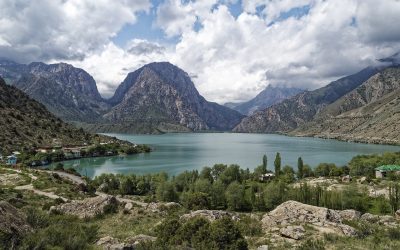The impact of an unhealthy environment on the enjoyment of human rights can be huge. The UN has noted that annually more than 2 million deaths and billions of cases of diseases can be attributed to pollution alone. Damage to water and the environment has serious implications on a wide array of human rights, including to life, health, livelihood, property, food, water, and sanitation.
In 2018 the United Nations (UN) Special Rapporteur on human rights and the environment helped produce the Framework Principles on Human Rights and the Environment, which state: “our human rights are intertwined with the environment in which we live. Environmental harm interferes with the enjoyment of human rights, and the exercise of human rights helps to protect the environment and to promote sustainable development.”
The framework principles recognized the role of business in preventing harm to the environment. According to the UN Special Rapporteur, “businesses should comply with all applicable environmental laws, issue clear policy commitments to meet their responsibility to respect human rights through environmental protection, implement human rights due diligence processes (including human rights impact assessments) to identify, prevent, mitigate and account for how they address their environmental impacts on human rights, and enable the remediation of any adverse environmental human rights impacts they cause or to which they contribute”.
Text adapted from the Danish Institute for Human Rights Global NAPs website.









